- Write by:
-
Thursday, June 18, 2020 - 7:48:37 PM
-
722 Visit
-
Print
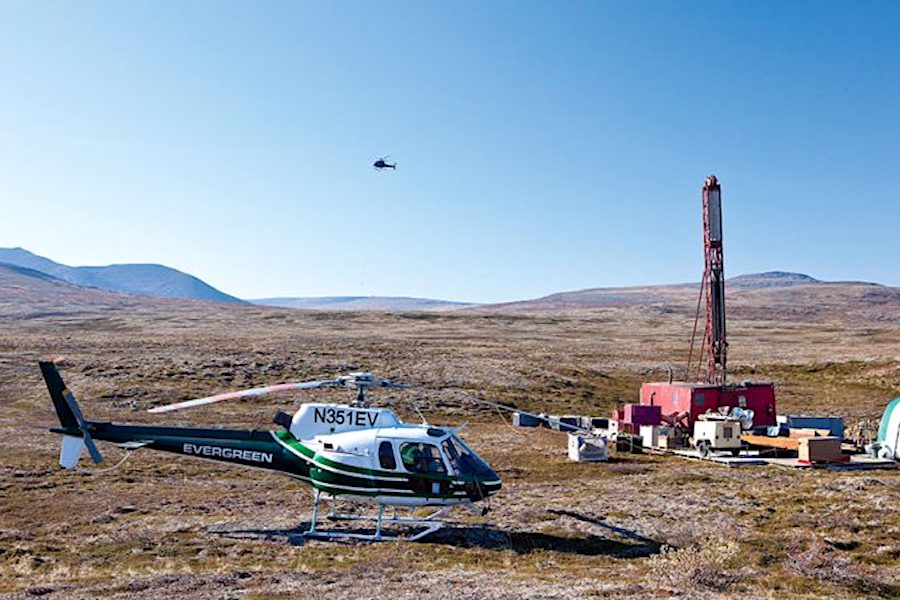
Mining News Pro - Northern Dynasty Minerals, the company behind a proposed massive copper-gold mine in southwest Alaska, has announced a revenue sharing program for full-time residents of Bristol Bay.
The initiative would distribute 3% of the revenue generated from the Pebble copper-gold-silver mine among adult locals who subscribe as participants of the “Pebble performance dividend” plan.
Northern Dynasty’s subsidiary Pebble Limited Partnership said the dividend would distribute a guaranteed minimum annual payment of $3 million, beginning “at the outset of project construction.”
The US-based unit noted the revenue-sharing plan was intended to mirror Alaska’s Permanent Fund, which distributed an annual dividend to the state’s full-time residents based on revenue derived from natural resource activity.
“When we rolled out our new, smaller mine plan in 2017, I made a commitment to find a way to share the opportunity Pebble represents with the residents of Bristol Bay. While not everyone will want to work at the mine, this ensures a direct way for everyone to participate,” Pebble Partnership chief executive, Tom Collier, said in the statement.
“Whether a resident supports the project, opposes it, or is neutral, anyone who is a year-round resident can participate. However, year-round residents who want to share in this opportunity must register their interest.”
Northern Dynasty said it expected to receive a final environmental impact statement from the US Army Corps of Engineers “within a matter of weeks,” as the Environmental Protection Agency (EPA) declined in May to subject the project to water pollution restrictions evaluations. Those assessments have effectively stalled the project since they were outlined in 2014.
EPA’s move reduced the likelihood of a potential confrontation with the Army Corps of Engineers over greenlighting Pebble mine.
It also paved the way for a positive federal license decision this summer, which would allow the Pebble Partnership to kick off construction.
No “salmon for gold” trade
The Bristol Bay Native Corporation (BBNC) reacted to the news by saying the mine proponents should spend time and resources “addressing the many concerns raised by the EIS process rather than on a pay-off program premised on a mining project that has no future in Bristol Bay.”
“We will not trade salmon for gold, and we will not be swayed by promises of cash payments from a proposed mine that cannot and should not be built,” BBNC president and CEO Jason Metrokin said in a separate statement.
Pebble scored a big win last year after the EPA scrapped the proposed restrictions on mining operations in Bristol Bay, which prevented the project’s consideration.
The agency also issued a letter saying the project “may” result in substantial and unacceptable impacts to aquatic resources. Such observation was a specific step in a sequence established to deal with inter-agency disagreements over Clean Water Act permits.
Last month, however, it issued new a letter downplaying the possible loss of streams and other wetlands the project might cause.
Checkered past
Pebble’s development has been shrouded in controversy and delays, including the EPA’s decision in 2014 to propose restricting the discharge of mining waste and other materials in the area.
Criticism prompted the Vancouver-based company to submit a new, smaller mine plan that includes lined tailings, and discard the use of cyanide in the gold extraction process.
The miner was finally able to move forward with the project’s permitting process after Donald Trump became president of the United States.
For decades, explorers and developers have been attracted to resources-rich southwestern Alaska, known for holding significant deposits of gold, copper, molybdenum and other minerals near the headwaters of two rivers flowing into Bristol Bay.
But conservationists, local activists, fishermen and federal regulators have argued that industrial, open-pit mining operations to extract the lode threatens the region’s thriving sockeye salmon fishery.
If and when the mine moves into production, it would be the largest in North America.
Short Link:
https://www.miningnews.ir/En/News/549953

A Russian arbitration court ruled on Monday that four units of Swiss commodities trader Glencore will pay more than 11.4 ...
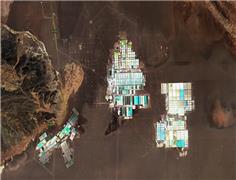
The four largest indigenous communities in Chile’s Atacama salt flat suspended dialogue with state-run copper giant ...
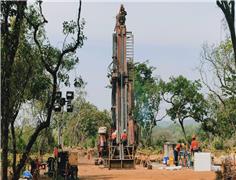
A prefeasibility study for Predictive Discovery’s (ASX: PDI) Bankan gold project in Guinea gives it a net present value ...
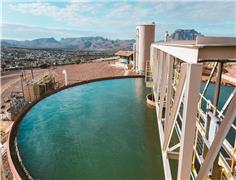
A Native American group has asked all members of a US appeals court on Monday to overturn an earlier ruling that granted ...
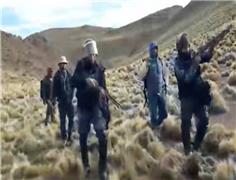
Representatives from the Peñas Negras Indigenous community, in northwestern Argentina, clashed with heavily armed police ...
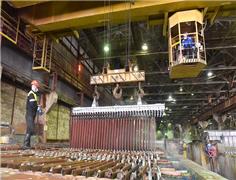
The London Metal Exchange (LME) on Saturday banned from its system Russian metal produced on or after April 13 to comply ...

The world’s coal-fired power capacity grew 2% last year, its highest annual increase since 2016, driven by new builds in ...
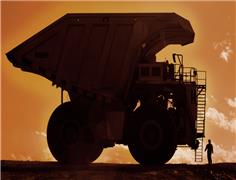
Peabody Energy Corp. shares sunk to the lowest in seven months after the biggest US coal miner warned that first-quarter ...
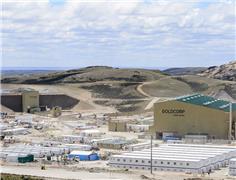
Newmont confirmed on Wednesday that two members of its workforce died this week at the Cerro Negro mine located in the ...
No comments have been posted yet ...